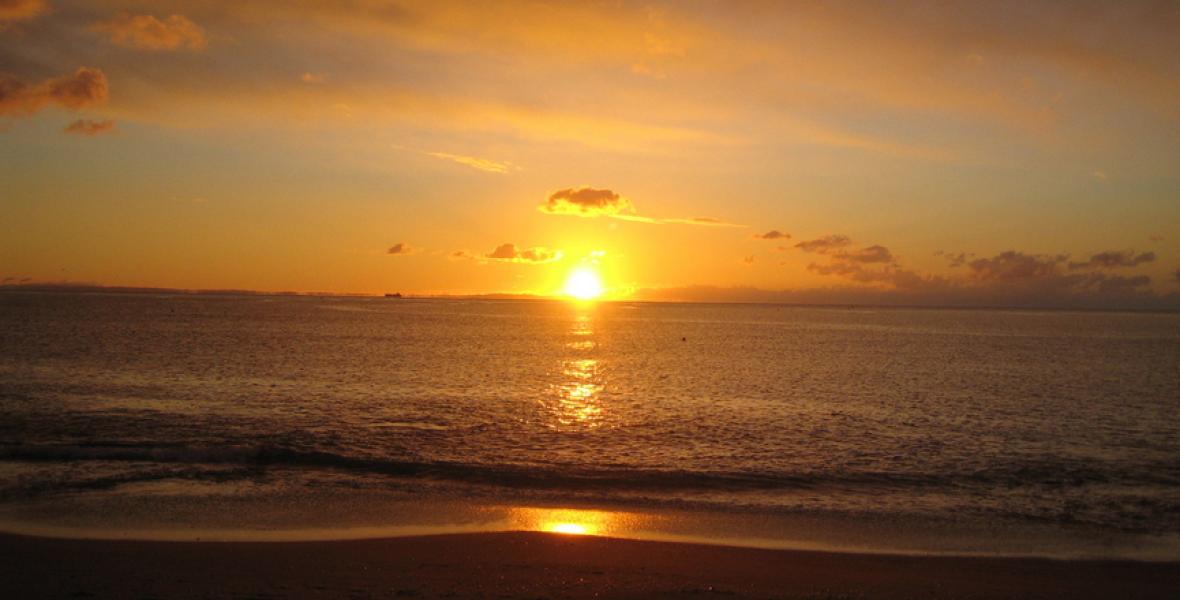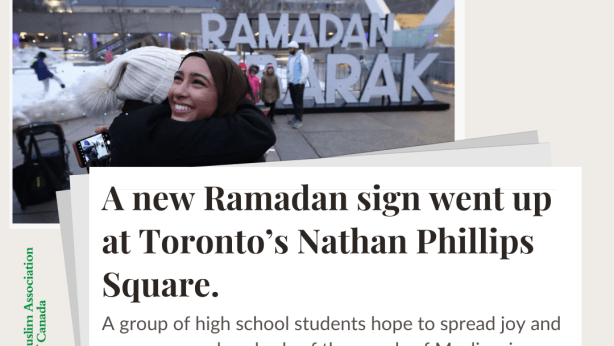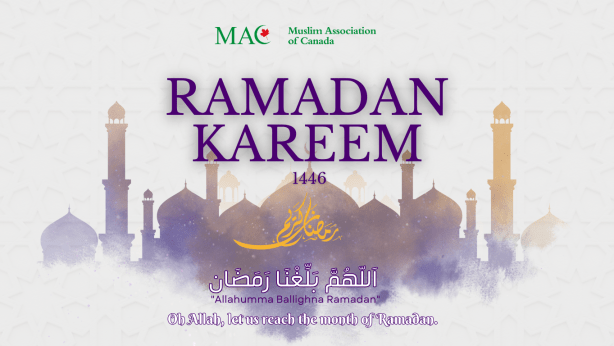Ramadan, Passover and Easter: time for hope in the age of uncertainty

Ramadan, Passover and Easter: time for hope in the age of uncertainty
It is rare that important celebrations of three major monotheistic religions occur so closely at around the same time: Christianity, Judaism and Islam. The last such time was at the dawn of the new millennium. Back then, there was so much hope for the new century despite the preoccupation with a minor hiccup of the now-forgotten Y2K bug. Today, 20 years later, Passover, Ramadan and Easter are being celebrated within a few weeks of each other.
Unfortunately, this comes at a time of great uncertainty as the world is passing through unprecedented times inflicted by the COVID-19 pandemic. The faithful in Canada and around the world are learning how to observe these important communal celebrations in the era of social distancing.
In this difficult time, it gives us great solace to remember that these three monotheistic faiths were born as rays of hope at times when the world was in much despair. They grew to become movements that protested against the tyranny and inequity of the systems of their time, while laboring to establish a more inclusive and equitable order. The story of the prophet Moses is an embodiment of the hope and reliance on the divine for deliverance. A story that is mentioned in the Quran over 125 times exemplified by its resilience, devotion and triumph of human spirit over adversity. This essence of devotion and reverence to the Divine is lived by Muslims through the fasting of the month of Ramadan. Meant to attain an elevated and heightened state of spiritual being, Ramadan is a time of self-renewal as we face the daily grind of our busy lives with a multitude of demands on our time from family, careers and community.
It is also important to remember that pandemics have been part of human existence since time immemorial. Along with the destruction and death they normally leave behind, they also bring clarity to our human condition. COVID-19 is no exception. Globally, it exposes the fundamental flaws in the social and economic order that created huge disparities in wealth distribution and income inequality. Nationally, it has brought sharp focus to the impact of major issues such as poverty, homelessness, youth unemployment, palliative and old age care, mental health, social isolation and climate change on our communities, and how they negatively impact too many people. More disturbingly, those issues are grossly more prevalent among specific demographics and disadvantaged communities. For example, First Nations communities are more susceptible to the ravaging effects of pandemic outbreaks due to inadequate health services and housing.
Therefore, in a time of uncertainty, the adherents of the Abrahamic faiths need to renew the historical bonds that have connected them to each other, and share their traditions and wisdom with each other and those around them. Looking into the future beyond this pandemic, the faithful need to reimagine a new world where spirituality, the public good and care for others become at the new center in our collective consciousness. It is encouraging to see how Canadians across this vast country purposefully acted for the collective good by observing strict social-distancing orders, practicing good hygiene and caring for one another in an effort to protect themselves and save fellow citizens. This spirit was reflected in our political leaders of all levels of government, as well as the health professionals, the first responders, our security agencies, and the frontline workers who sustained a degree of normalcy in our lives. This altruism hopefully can be transformed into a communal ethic that can help us as citizens identify injustices, big and small, and act on them to rebalance the scales of social justice.
As faith communities, our work should focus on building social cohesion by promoting inclusion, sharing wisdom, and building robust coalitions and cross-sectorial collaborations that address the inadequacies of the economic and social structures that produced these inequalities. This might be the best time to offer hope and pray for a better tomorrow.
Abdul Nakua is a community organizer, activist, and a proud Canadian, Ontarian and Muslim of Libyan heritage. He is an executive with the Muslim Association of Canada.


